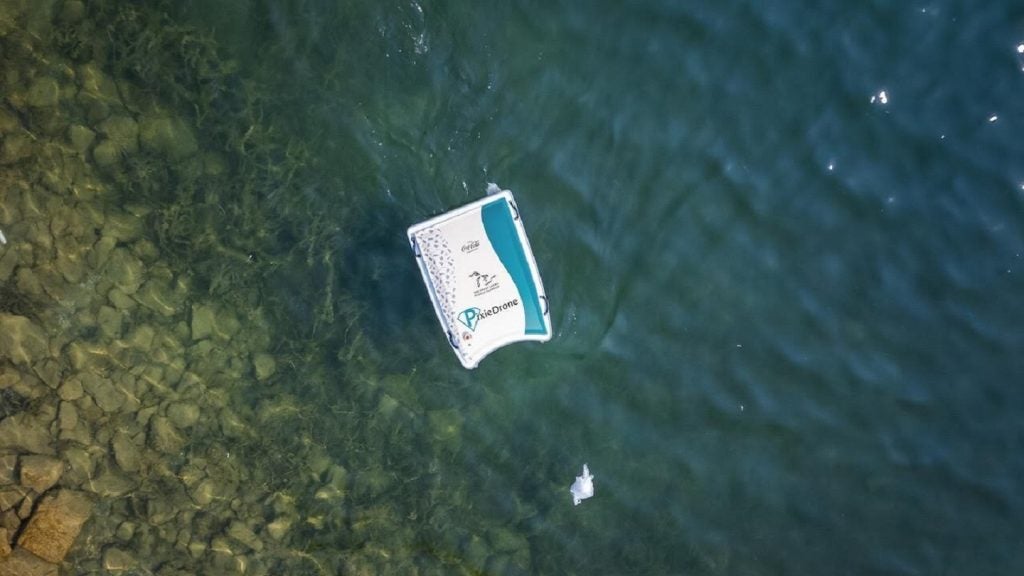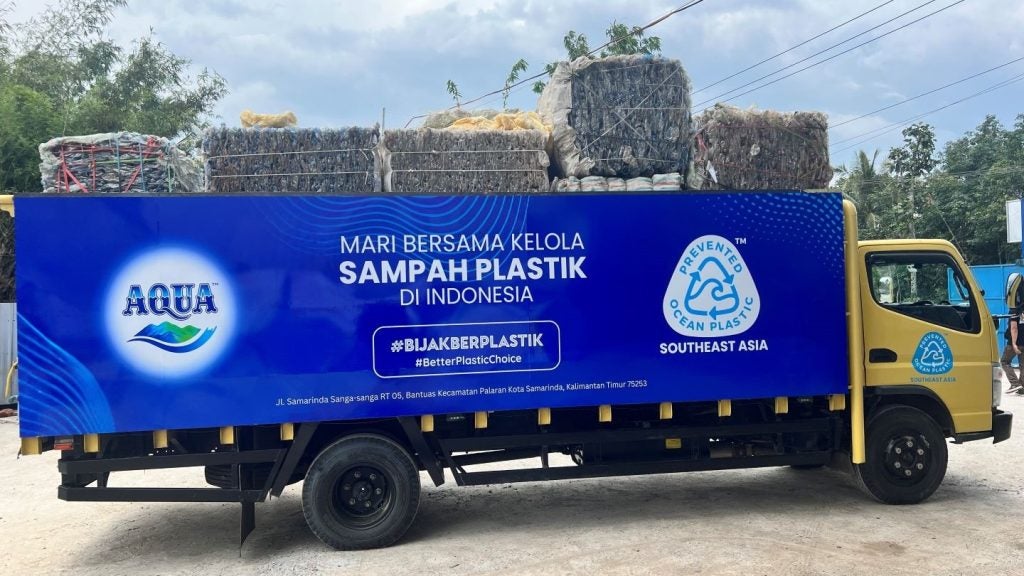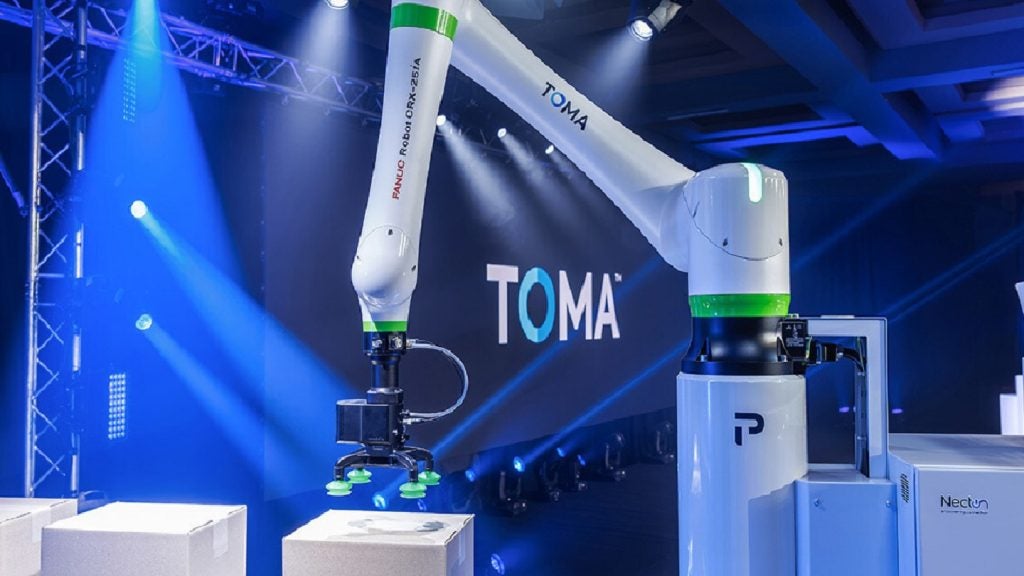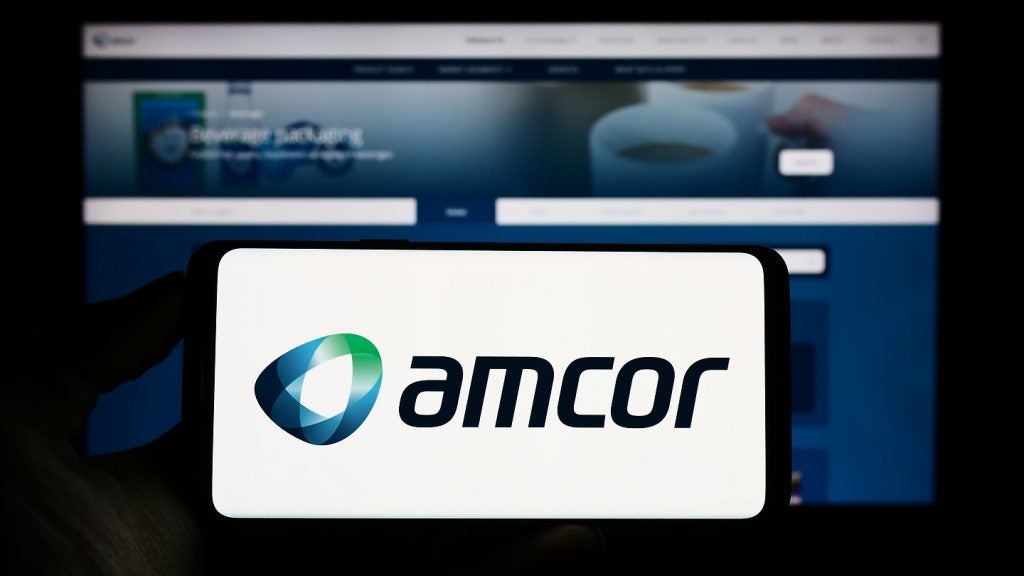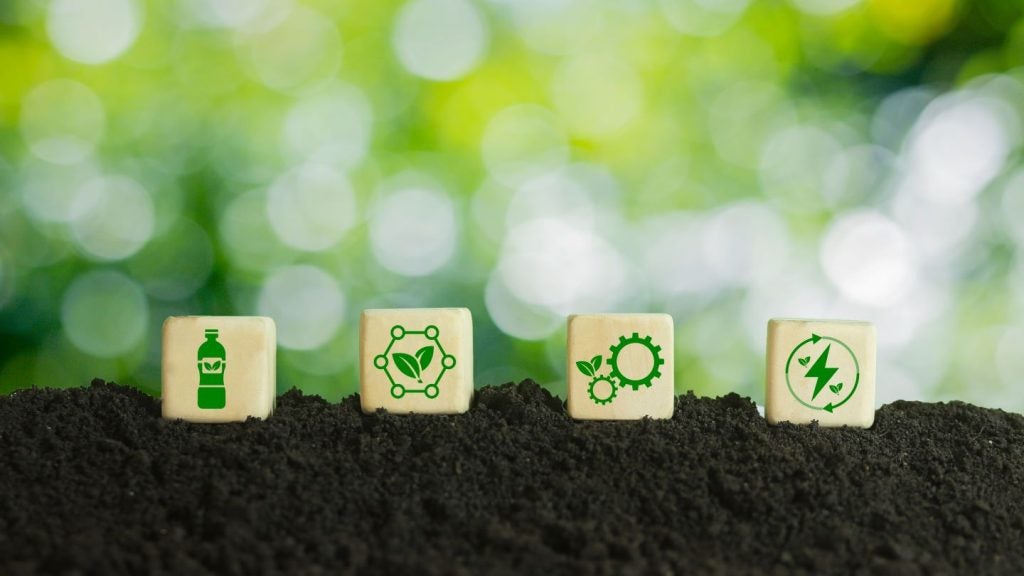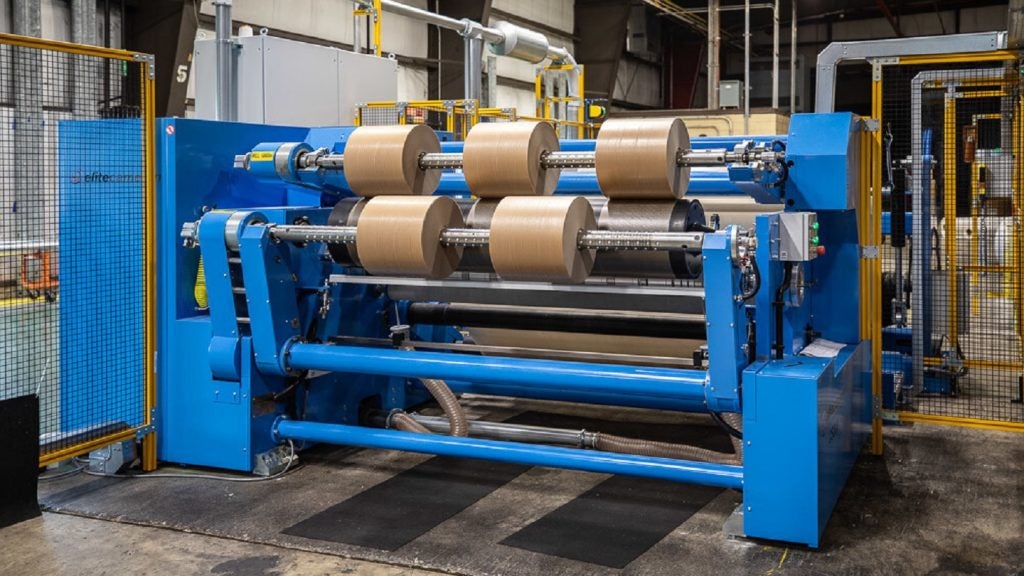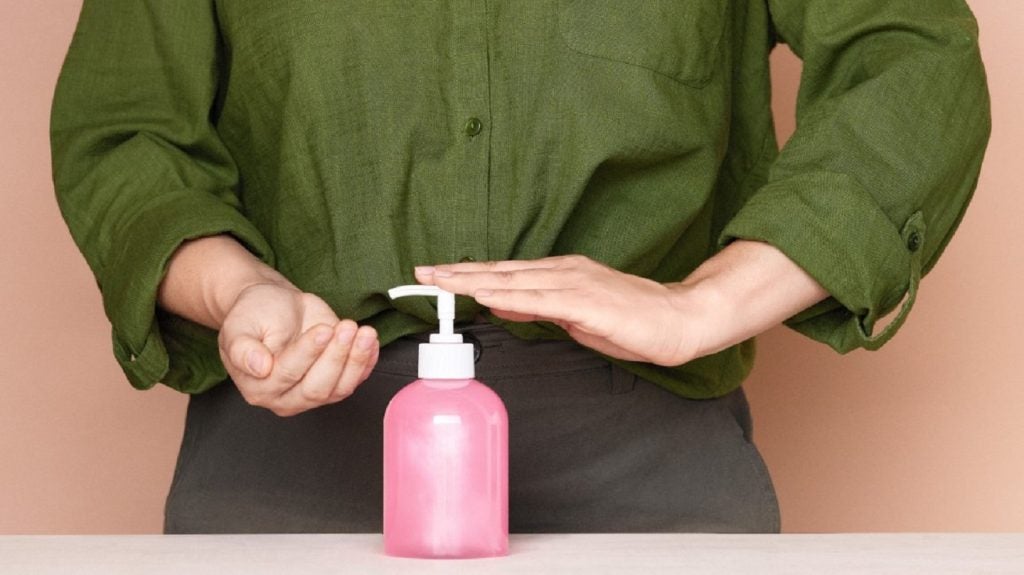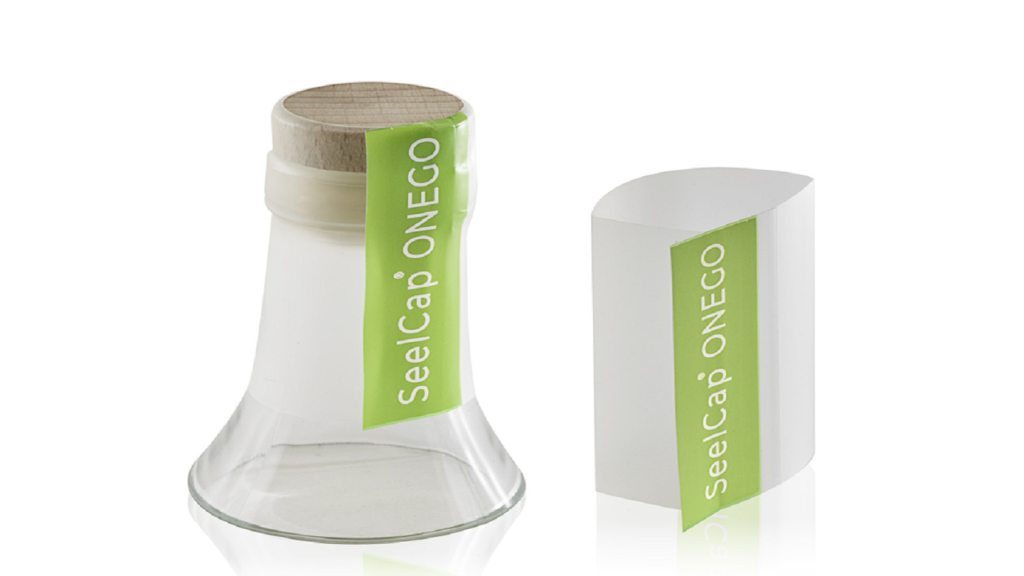The Coca-Cola Company in Canada has announced a partnership with Pollution Probe to support the Great Lakes Plastic Cleanup initiative, a plastic cleanup initiative in North America.
The collaboration introduces a PixieDrone, a remote-controlled waste collector designed to gather floating debris, including plastic, in the Great Lakes.
The new technology, sponsored by The Coca-Cola Company, aims to remove plastic and other waste from the world's largest freshwater system.
The PixieDrone has undergone testing on Lake Simcoe, Barrie, Ontario, and is set to expand its operations across the Great Lakes region in early 2025.
The Coca-Cola Company Canada public affairs senior director Avi Yufest said: "We are proud to support Pollution Probe on this important initiative.
"Our company recognises its responsibility to help address the plastic waste crisis. Projects like this, in addition to packaging innovations and recycling efforts, are one of the ways we are working to help keep our waterways and environment clean from plastic debris."
The Great Lakes Plastic Cleanup, led by Pollution Probe and the Council of the Great Lakes Region, currently spans more than 150 sites, including the St Lawrence River and Lake Simcoe, with more than 105 collaborators.
The PixieDrone will complement the more than 135 plastic capture technologies already in use by the initiative.
The Coca-Cola PixieDrone is designed to collect a variety of floating debris, including organic material, plastic, glass, metal, paper, and rubber.
It can gather approximately 160 litres of waste in a single six-hour charge.
Pollution Probe CEO Christopher Hilkene said: "The addition of the PixieDrone to our network of capture technologies will allow us to visit even more locations and communities, and to remove significantly more plastic from the environment."
Data collected from the cleanup efforts are analysed to better understand the types and quantities of plastics polluting the Great Lakes.
So far, the initiative has filtered an estimated 12.2 billion litres of water and removed close to 200,000 pieces of waste, with microplastics comprising the majority of the debris.
In May this year, the Coca-Cola Company reportedly completed the transition to 100% recycled plastic for all 500ml bottles in its sparkling beverage portfolio in Canada.


